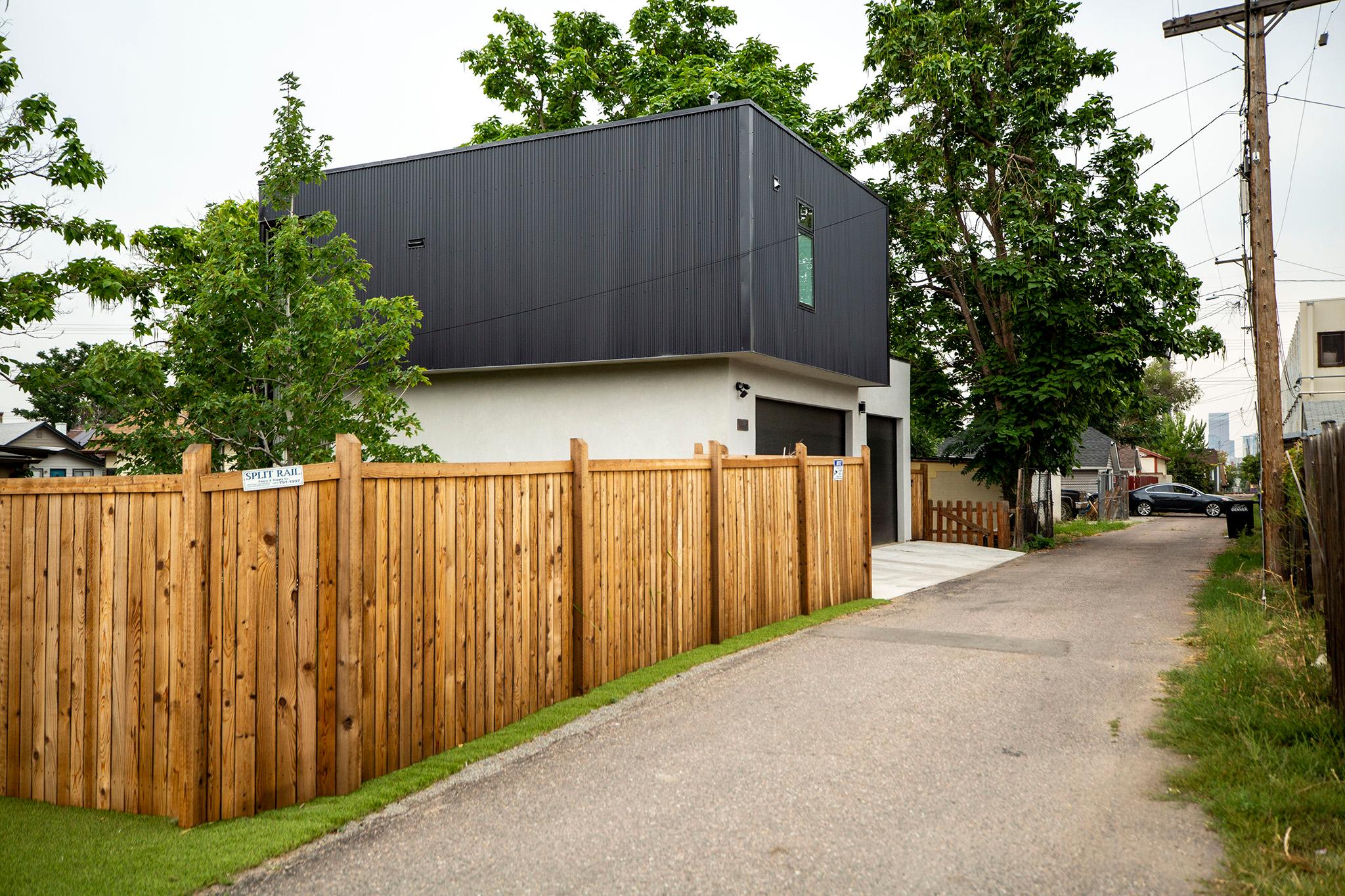East Colfax is the newest neighborhood to receive a large-scale rezoning to allow for accessory dwelling units, or ADUs, on residents' properties.
Denver City Council on Monday unanimously approved the zoning changes, allowing the construction of the small backyard homes.
The change would allow ADUs on every property currently zoned for single families, which is about 2,000 parcels. Fully rezoning the neighborhood eliminates a tedious and costly step in the already sometimes long and complicated ADU construction process.
Blueprint Denver, the city's 20-year plan for how Denver should look, feel and grow, specifically mentions that ADUs could help with growth, gentrification and displacement throughout the city.
Laura Swartz, the Communications Director for Community Planning and Development previously said ADUs can provide additional space for families looking to house relatives or homeowners wanting to rent out the space for additional income both long and short term.
"As our city grows and changes, the way people live is changing, too," Swartz said. "Creating an ADU can have a big impact helping residents grow their home equity. These smaller dwelling units are also a low-impact way for neighborhoods to expand their range of housing choices."
The first neighborhood to get such a wide-scale rezoning was Chaffee Park, followed by Sloan Lake.
A similar proposal is in the works for Villa Park, Barnum, and Barnum West.
Several councilmembers, including Councilmember Paul Kashmann, questioned the affordability of ADUs and also whether the small houses would be used predominantly for short-term rentals.
The average price of an ADU can range from $300,000 to $340,000 in permitting, designing and building. Those numbers have only increased during the pandemic. While ADUs can be rented short-term, homeowners must live on the property fulltime.
CPD representatives said the issue of affordability and possible usage is being addressed through an ADU committee within Community Planning.
According to Swartz, the committee won't discuss ADU rezoning but will focus on "how they are designed, how they fit in with different types of neighborhoods and block patterns, and how updates to the zoning code may reduce barriers to creating ADUs."












